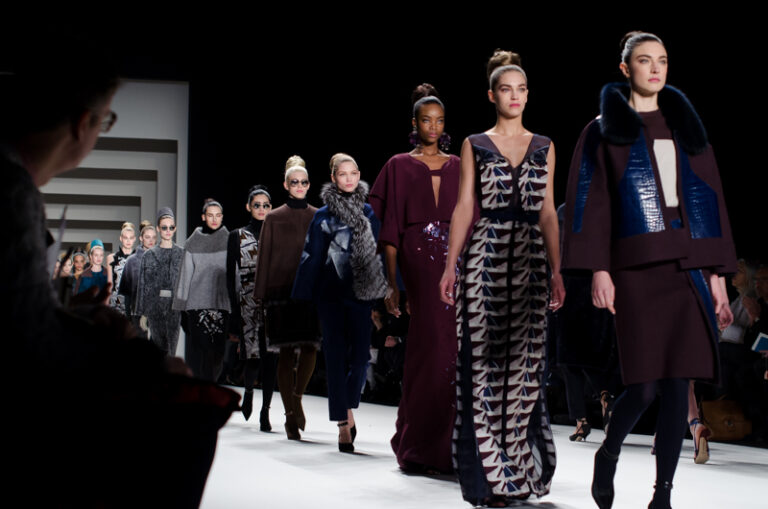William Greenlaw is a student at Harvard Law School.
College athletes continue to battle for their right to the fruits of their labor with a new charge filed with the National Labor Relations Board. The National College Players Association (NCPA) filed an unfair labor practice charge against the NCAA, the Pacific-12 Conference, the University of California Los Angeles, and the University of Southern California. While prior disputes over student athlete pay have revolved around private universities, the inclusion of a public one, UCLA, may present NLRB General Counsel Jennifer Abruzzo with an opportunity to assert that each of the parties are joint employers of the students. More broadly, the legal conflict is another opportunity to assert under a Democratic NLRB that student athletes have collective bargaining rights that would accompany a right to unionize. The NCAA and PAC-12 have declined to comment. In a statement, NCPA Executive Director Ramogi Huma said, “The only thing standing in the way is NCAA’s resistance to athletes, employee status, and unionization.”
Members of Congress have introduced a new bill to allow House staff to unionize. The resolution, proposed by Representative Andy Levin, a Democrat from Michigan, boasts 130 cosponsors. The legislation would expand upon the work of the Congressional Accountability Act of 1995, which allowed some number of legislative-branch employees to unionize. That used to only include employees of the Capitol Police, Library of Congress, the Architect of the Capitol. The proposed expansion would now cover House staffers who work in personal offices, district offices, and committees. Separate legislation would be necessary to include Senate staffers. The bill has no GOP support. However, the bill does have the support of Speaker Nancy Polosi and President Biden.
Workers continue to make gains on their leverage during the pandemic, this time on noncompetes. Noncompetes are provisions in employment contracts that prevent workers from gaining employment at competing businesses. Research indicates that about 18% of all workers are subject to noncompetes. Iowa and West Virginia, both with Republican legislatures, are close to ratifying bans on noncompetes for low-wage workers in their states, which would be a boon for many workers. On their face, they are designed to prevent employees with knowledge of sensitive trade secrets and business know-how from divulging everything to the other side. In practice, however, one can credibly question how frequently low-wage workers come into contact with such sensitive business information. Many workers, wary of lawsuits, simply comply, reducing their work options if they should decide to leave the employer, and lowering worker power as a result. Russell Beck, an attorney at Beck Reed Riden LLP in Boston, noted, “There are a lot of low-wage workers bound by noncompetes and complying with them, even when they might not in fact be enforceable.” Iowa’s version of the noncompete ban would cover all workers making $14.50 per hour but other states take a different approach. Oregon and Washington, two states among eight others with noncompete bans of this kind, peg the threshold at $100,000 per year gross income. While movement is positive, progress has remained slow. Only three states nearly completely ban such agreements, including California, North Dakota, and Oklahoma. Meanwhile, 22 states have no bans on noncompetes for employees at all. For now, progress looks promising for workers on this front. At least in the Oregon case, some research suggests that bans on noncompetes helped produce some wage gains for workers.






Daily News & Commentary
Start your day with our roundup of the latest labor developments. See all
December 17
The TSA suspends a labor union representing 47,000 officers for a second time; the Trump administration seeks to recruit over 1,000 artificial intelligence experts to the federal workforce; and the New York Times reports on the tumultuous changes that U.S. labor relations has seen over the past year.
December 16
Second Circuit affirms dismissal of former collegiate athletes’ antitrust suit; UPS will invest $120 million in truck-unloading robots; Sharon Block argues there are reasons for optimism about labor’s future.
December 15
Advocating a private right of action for the NLRA, 11th Circuit criticizes McDonnell Douglas, Congress considers amending WARN Act.
December 12
OH vetoes bill weakening child labor protections; UT repeals public-sector bargaining ban; SCOTUS takes up case on post-arbitration award jurisdiction
December 11
House forces a vote on the “Protect America’s Workforce Act;” arguments on Trump’s executive order nullifying collective bargaining rights; and Penn State file a petition to form a union.
December 8
Private payrolls fall; NYC Council overrides mayoral veto on pay data; workers sue Starbucks.